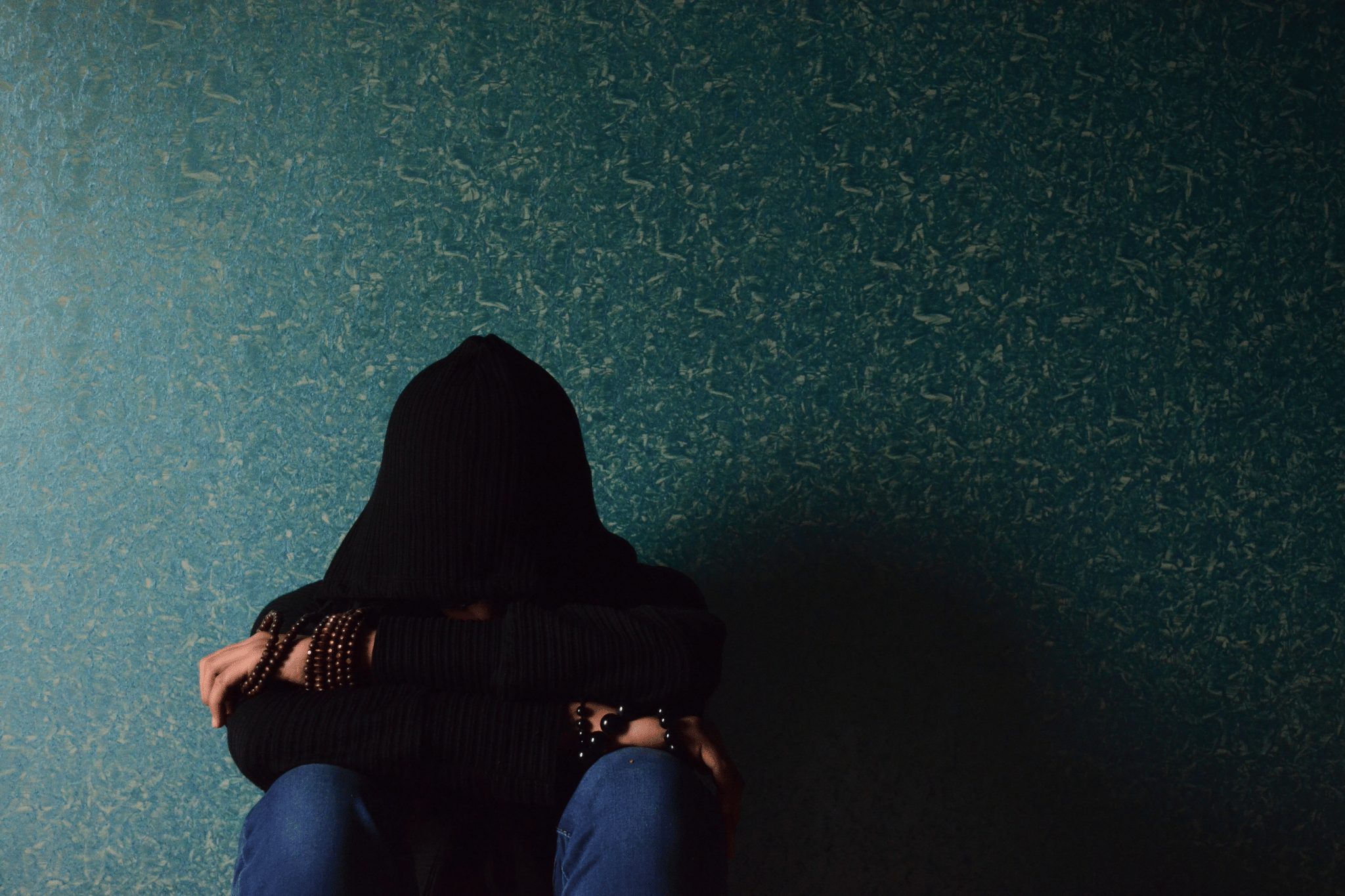Understanding Bipolar Depression in Teens: Signs and Support
Bipolar depression in teens is a serious mental health condition that affects how a young person feels, thinks, and functions. It involves episodes of deep depression as well as periods of elevated mood, known as mania or hypomania. These shifts are more intense than typical mood swings and can interfere with school, relationships, sleep, and overall quality of life. Understanding the symptoms, causes, and treatment options is essential for parents, caregivers, and health professionals to provide proper support and early intervention.
What Is Bipolar Depression?
Bipolar depression is a core feature of bipolar disorder. This mental health condition is marked by extreme shifts in mood that range from depressive episodes to manic or hypomanic episodes. While many people associate bipolar disorder with high energy and impulsivity, the depressive side of the illness can be just as debilitating. For teens, these changes often come with added challenges because their brains are still developing, and their hormonal systems are shifting rapidly.
There are different forms of bipolar disorder, including bipolar I disorder, bipolar II disorder, and cyclothymia. In bipolar I, a person experiences full manic episodes and depressive episodes. Bipolar II involves less severe hypomanic episodes along with more intense and prolonged depressive symptoms. Cyclothymia, often overlooked, includes chronic mood fluctuations that don’t meet the full criteria for mania or depression but still affect day-to-day functioning. In some teens, symptoms may also overlap with other conditions like dysthymia, conduct disorder, or oppositional defiant disorder, making diagnosis more complex.

Recognizing the Signs in Teens
Symptoms of bipolar depression can vary widely, and they often resemble other mental health conditions such as major depressive disorder or ADHD. During depressive episodes, teens may feel persistently sad, hopeless, or empty. They may lose interest in activities they once enjoyed, experience fatigue, or struggle with concentration and decision-making. Changes in sleep patterns—either insomnia or sleeping too much—are also common. Appetite may increase or decrease, leading to noticeable weight changes. Emotional sensitivity is heightened, and feelings of guilt, worthlessness, and shame may surface.
In some cases, teens with bipolar depression experience physical symptoms like chronic headaches or unexplained body pain. They may withdraw from friends, family, and social activities. In severe cases, suicidal ideation may occur, where the teen thinks about or talks about death or self-harm. This is a medical emergency and should never be ignored. If you or someone you know is experiencing these thoughts, call 988 or visit the nearest emergency department.
When not in a depressive state, a teen may shift into a manic or hypomanic episode. This period is characterized by an unusually high level of energy, a reduced need for sleep, rapid speech, and racing thoughts. A teen may become impulsive, overconfident, and exhibit grandiosity or unrealistic ideas. Irritability is more common in adolescents than euphoria, and they may become easily angered or aggressive. These episodes can escalate into risky behavior, such as unsafe sex, reckless driving, or substance abuse, including alcohol or drug use. In rare but severe cases, teens may experience hallucinations or grandiose delusions.
What Causes Bipolar Depression?
The exact cause of bipolar disorder remains unknown, but research suggests a combination of genetic, biological, and environmental factors. Teens with a family history of bipolar disorder, schizophrenia, or mood disorders are at increased risk. Studies have shown that certain genes may influence how the brain regulates mood, emotion, and behavior.
Chemical imbalances in the brain, especially involving neurotransmitters like serotonin, dopamine, and norepinephrine, may play a significant role in mood regulation. When these chemical messengers are disrupted, it can lead to symptoms of depression or mania. Changes in brain structure and function have also been noted in individuals with bipolar disorder, although more research is needed.
Environmental stressors are another contributing factor. High levels of stress, trauma, bullying, or sudden life changes can trigger or worsen mood episodes. Substance abuse—including alcohol and opioid use—can significantly affect the progression and severity of bipolar disorder. Sleep disruption, common in adolescence, also increases the likelihood of mood instability.

Diagnosis and the Role of Health Professionals
Because bipolar depression shares symptoms with other mental health conditions, accurate diagnosis requires a comprehensive evaluation by a qualified health professional. Diagnosis typically includes a detailed medical history, psychological assessment, and interviews with the teen and their parents. Health providers will evaluate symptom patterns, intensity, duration, and triggers to determine whether bipolar disorder is present.
Misdiagnosis is common, especially in teens, where mood shifts may be mistaken for normal puberty-related behavior or diagnosed solely as depression or ADHD. Proper diagnosis is important because treating bipolar depression with standard antidepressants alone can trigger mania in some individuals. That’s why specialized care and close monitoring are necessary.
In some cases, teens may need additional testing to rule out physical conditions that could mimic psychiatric symptoms. These may include neurological evaluations, lab work, or screening for co-occurring disorders like schizophrenia, seasonal affective disorder, or substance dependence. An accurate and timely diagnosis greatly improves treatment outcomes and reduces long-term adverse effects.
Treatment Options for Bipolar Depression
Treating bipolar depression in teens requires a multi-faceted approach that may include medication, therapy, lifestyle changes, and ongoing monitoring. Medication is often a core part of treatment. Mood stabilizers such as lithium are commonly prescribed and can help regulate mood swings. In some cases, atypical antipsychotics or anti-seizure medications are also used. Antidepressants may be prescribed carefully and are usually combined with a mood stabilizer to avoid triggering mania.
Psychotherapy is also essential. Cognitive behavioral therapy (CBT) can help teens recognize negative thought patterns and develop healthier coping mechanisms. Interpersonal and social rhythm therapy focuses on stabilizing daily routines, improving sleep, and enhancing social relationships. Family therapy is often recommended to help parents and caregivers understand the condition and support the teen effectively.
Some teens may benefit from additional treatments like electroconvulsive therapy (ECT) if symptoms are severe and other interventions have not worked. Education about the illness, medication adherence, and lifestyle management all contribute to long-term stability.
Establishing a daily routine and prioritizing sleep are vital components of managing bipolar disorder. Sleep disruption is a well-known trigger for mood episodes, and structured sleep schedules can make a significant difference. A healthy diet, regular exercise, and minimizing stress can also reduce symptoms. Teens should be encouraged to avoid drugs, alcohol, and stimulants like caffeine, which can interfere with treatment and mood stability.

Parental Support and Coping Strategies
Parents and caregivers play a vital role in managing bipolar depression. Encouraging open, judgment-free conversations about thoughts, emotions, and symptoms creates a supportive environment. Monitoring medication schedules, attending therapy sessions, and staying involved in treatment plans can help reinforce consistency and adherence.
It’s also important for parents to recognize warning signs of relapse or crisis. Changes in sleep, energy, appetite, or mood can indicate a shift in the teen’s mental state. Having a crisis plan in place—including emergency contact numbers and clear steps to follow—can help families respond quickly and effectively during urgent situations.
Self-care is also important for caregivers. Managing a teen’s mental health condition can be emotionally demanding. Parents should consider support groups, therapy, or talking to a health professional to address their own well-being.
Community support is another helpful resource. Schools, local clinics, and online networks can provide information, peer connections, and practical advice. Advocacy organizations focused on bipolar disorder and youth mental health also offer educational materials and support programs.
When to Seek Emergency Help
If a teen expresses suicidal thoughts, shows signs of self-harm, or displays aggressive behavior that puts themselves or others at risk, seek emergency help immediately. Call 988 or visit the nearest emergency department. Trained crisis teams can assess the situation and offer urgent support. Early action saves lives.
Teen Bipolar Depression Care in Orange County
At Adolescent Mental Health in Orange County, we provide specialized treatment for teens dealing with bipolar depression. Our licensed professionals use evidence-based therapies, medication management, and family support to help adolescents stabilize their mood and build healthier lives. Each treatment plan is personalized to match the teen’s symptoms, diagnosis, and goals. We believe that with the right care, teens can find relief and begin to thrive.
Our team works closely with families to develop coping strategies, create safety plans, and provide emotional guidance throughout the treatment process. If your teen is struggling with symptoms of bipolar disorder, contact our clinic to learn how we can help.
Final Thoughts
Bipolar depression is a complex but treatable condition. With early diagnosis, proper treatment, and strong family and community support, teens can live full, productive lives. Understanding the signs and seeking professional help makes a significant difference in recovery and long-term well-being. Mental health should never be ignored—especially during adolescence, when the foundation for adult emotional health is being built.
Why Choose Adolescent Mental Health?
At Adolescent Mental Health, we specialize in treating teens with care that is compassionate, evidence-based, and age-specific. Our licensed clinicians understand the unique challenges adolescents face and create personalized treatment plans to support their emotional well-being. From therapy and medication management to family involvement and crisis support, our programs are designed to help teens build coping skills, improve stability, and restore quality of life. If your teen is struggling with mood, behavior, or mental health symptoms, we’re here to help every step of the way.
Frequently Asked Questions About Understanding Bipolar Depression in Teens
1. How is bipolar depression different from regular teen mood swings?
Bipolar depression involves intense and lasting mood episodes that go beyond typical teenage behavior. While teens often experience emotional ups and downs, bipolar disorder includes periods of deep depression and either mania or hypomania that disrupt daily life, sleep, school, and relationships.
2. Can bipolar disorder be diagnosed in teenagers?
Yes. Although diagnosis can be challenging, bipolar disorder can be identified in teens through a thorough evaluation by a licensed health professional. Accurate diagnosis often requires tracking mood patterns, behavior changes, medical history, and family background over time.
3. What treatments are available for teens with bipolar depression?
Treatment usually includes a combination of medication, therapy, and support services. Mood stabilizers like lithium, along with cognitive behavioral therapy (CBT) and interpersonal and social rhythm therapy, help manage symptoms. Lifestyle changes and family involvement also play an important role in long-term stability.
4. When should I seek help for my teen?
If your teen shows signs of depression, mania, or mood swings that interfere with daily life—or expresses thoughts of self-harm or suicide—seek help immediately. Contact a mental health provider, call 988, or visit the nearest emergency department to ensure safety and begin treatment.









